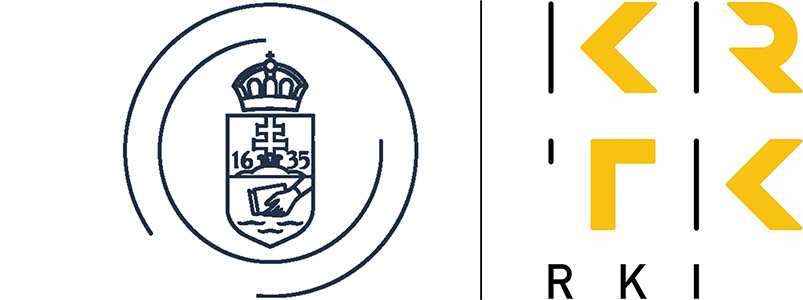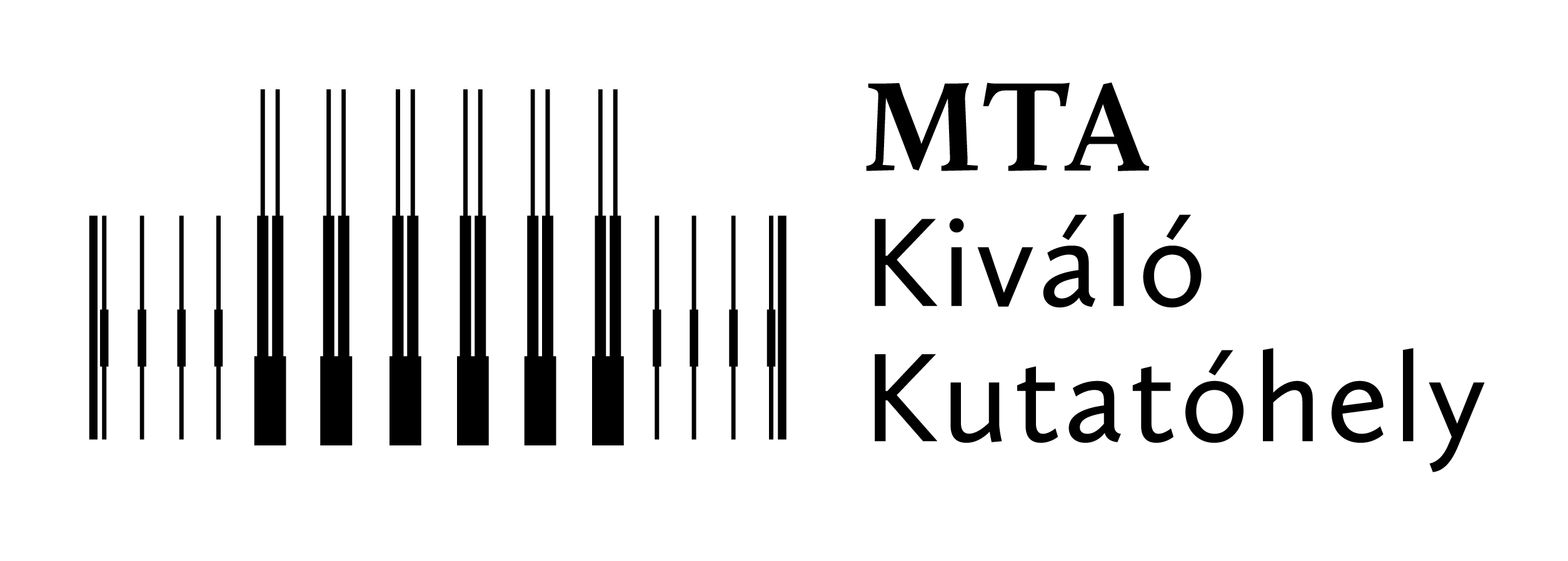Across Europe there is a plurality of competing visions on what Europe means, each appealing to identity and bringing along potential (geo)political implications. Identification with such visions are particularly worth investigating along the EU external boundary, some sections of which divide ethno-linguistic and religious communities. This paper is based on interviews with 23 elites in the Ukrainian–Hungarian borderland conducted some weeks before Russia’s full-scale invasion of Ukraine. The Ukrainian responses were marked by an overridingly positive view on Europe, while those of the Hungarians on both sides of the border were overall clearly more skeptical, with attitudes strongly overlapping with current hegemonic discourses on the EU in Hungary. The paper points to the salience of ethnic identities and the resonance of narratives in Budapest and Kyiv among these borderland communities. It also draws out tensions between the benefits of EU membership and a Hungarian national identity increasingly framed in opposition to the Union.
Funding: This work was supported by the British Academy [project title: Rescaling the Border: Nationalism and Civilisationalism in Central and Eastern Europe]; and from the National Research, Development and Innovation Fund of Hungary (NKFI K 134903 Geopolitical processes and imaginaries in Central Europe: States, borders, integration and regional development).
The paper is online available here.


